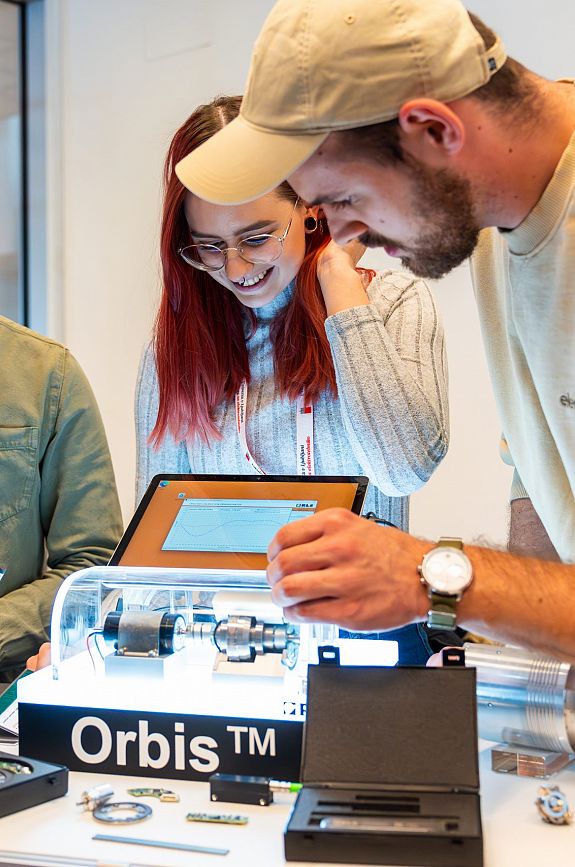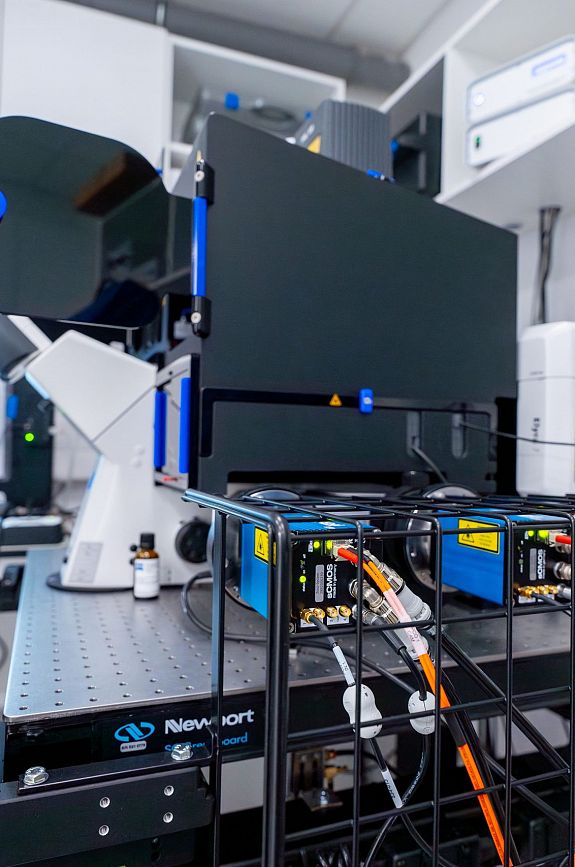[IKTinfo] Osem trendov učenja in poučevanja s pomočjo IKT
Date of publication: 22.11.2022ICT has brought dramatic changes to learning processes and teaching methodologies in the last decade, with digital, student-centred learning. The Kitaboo digital publishing platform highlights key trends in this area: 1. collaborative learning, which enables networking, sharing and group learning in the classroom and beyond; 2. learning outside the classroom, where mobile devices enable the development of e-learning and m-learning; 3. learning outside the classroom, where mobile devices enable the development of e-learning and m-learning; and 4. Social media learning, where students can use it to share materials, projects and opinions, and lecturers can use its powerful tools in the teaching process; 4. Interactive learning, where e-books and other technologies can enliven and enrich the classroom with audio, video and augmented reality; 5. Data-driven learning and analytics, where these tools enhance teaching, personalisation, measurement and assessment; 6. Immersive learning, where AR/VR tools make learning richer and more compelling and open up third-dimensional worlds; 7. The gamification of learning, where the experiences, processes and assessments of games can increase engagement, collaboration and competition; 8. The cybersecurity of education, which is of paramount importance as the industry is extremely threatened by the compulsive use of the web and the storage of personal, school and business data in the cloud.
The C19 pandemic and the measures taken to contain it, and now the war in Ukraine, are also having a major impact on the ICT sector, as confirmed by research and analysis in almost all segments of the industry. A particular feature of ICT is that it allows us to predict, monitor, study and control changes not only in our own industry but in all others, which has been a valuable help to all of us over the last two years. In fact, ICT helps companies and institutions in all industries to organise their work, adapt their operations, discover new opportunities, process data and obtain estimates and forecast future trends.
Last but not least, ICT enables schools and universities to implement hybrid versions of teaching and to digitise learning processes in a meaningful way.
All this is why we have decided to regularly publish summaries of information, evaluations, analyses and studies from research and analysis companies that can help everyone to better monitor, learn about and understand changes and trends, and to adapt more successfully to the new era of ICT.
Prepared by the Chair of Information and Communication Technologies in cooperation with Esad Jakupović




